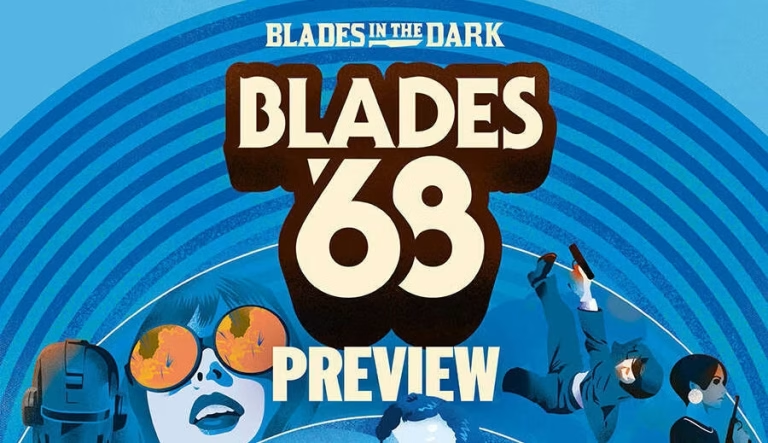By GamerMomLuna
There was recently something that came up on Critical Role (which, admittedly, I do not watch, but my co-writer Jason does) that really got me thinking: A lot of TTRPG content can be found as a podcast, a YouTube show, or played live on Twitch. Critical Role is perhaps the largest example of a successful production, bringing in thousands of viewers weekly. But do DMs let the audience affect the outcomes of their games?
In one actual-play Twitch stream I was a part of, we had a few audience members who consistently would try to tell the players what to do on their next turn. As a player, I didn’t like this at all. I enjoyed the audience reaction to the story, but not the “backseat gaming.” The channel did, however, allow for audience participation in the way of using Twitch channel points to award a +1 to one die roll to a party member, name an NPC, a magic item, or when they’d been watching for a long time, go so far as to insert an NPC into the story. Nothing that broke the main storyline. Nothing was substantially game breaking.
Luke Hart makes a fantastic point about this in a video we highlighted. Larger Dungeons & Dragons streams (think: Critical Role) are a show, meant to maximize audience enjoyment. If you’re playing a home game, you don’t have an audience, and if you’re streaming on Twitch, you may only have a handful of viewers. In this case, worry less about your audience and more about your players.
We did a highly scientific research study (translation: We polled people on Twitter) to see what the average feel was. People were almost unanimous in the opinion that it affects how they keep the game moving, but that the majority pay attention to what the players want first, and the audience second. There were a handful of podcasters that mentioned that they don’t keep a backlog so they can cater to audience reaction and make adjustments based on feedback from the audience. A few said something to the effect of: “Streaming a game does impact my prep and how I run the game. I consider pace the most. Are we spending too much time on this plot? Is this too much world building? We haven’t had action in a while.” (@atomiczero), while many others focused on the players and what they had to say, but not so much the audience. “Yes and no. Everyone probably performs differently under the watchful eye. I definitely prep differently knowing there is an audience. Usually the goal is more oriented toward the player’s fun since that’s what folks like to see, friends enjoying a story together.” (@odo_sean)
There’s no right or wrong way to prep for playing in front of an audience, as long as both the people at the table and the audience is having fun. As long as everyone is on the same page, that’s the most important thing to consider, and it’s okay to step away from a streamed game if it’s just not your thing!
So, AP streamers and podcasters, what do you do? How does having an audience affect your prep? Leave a comment and let us know!





